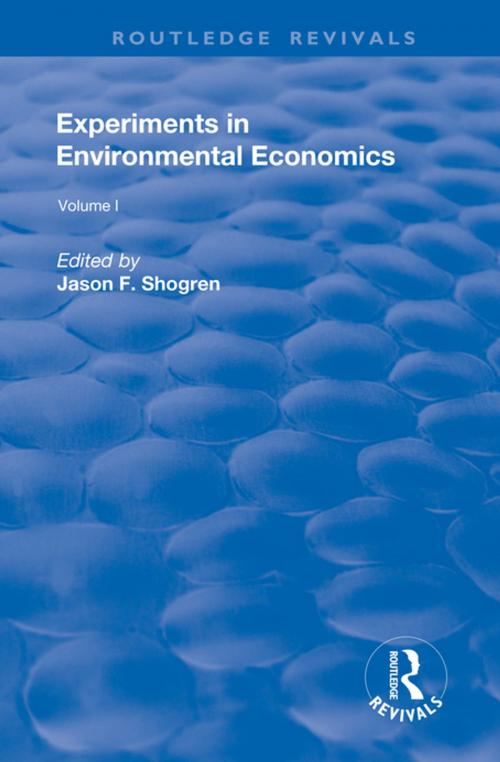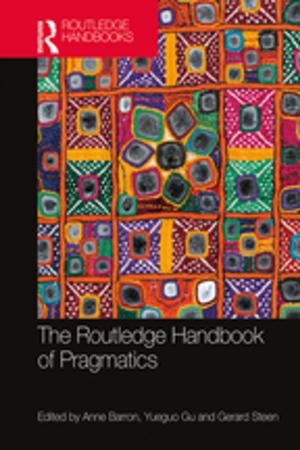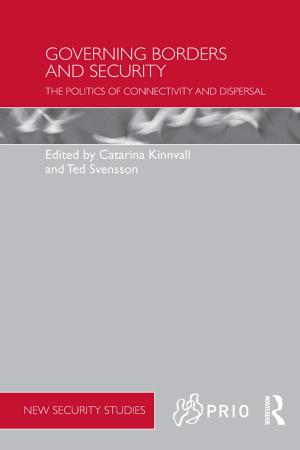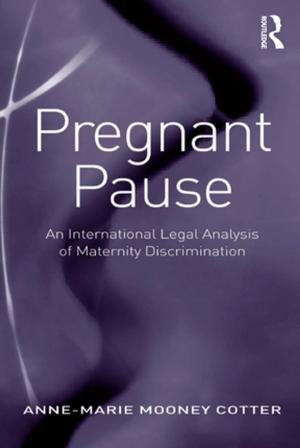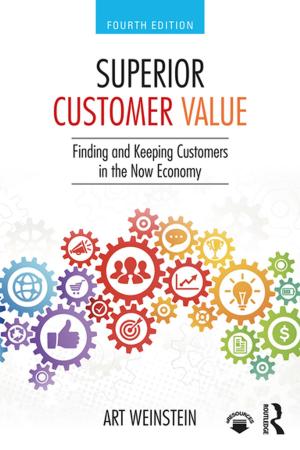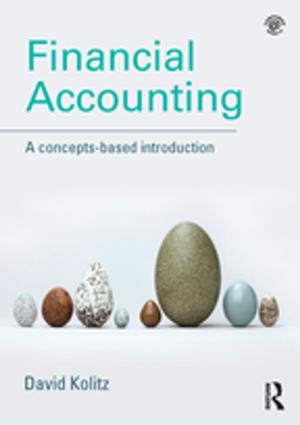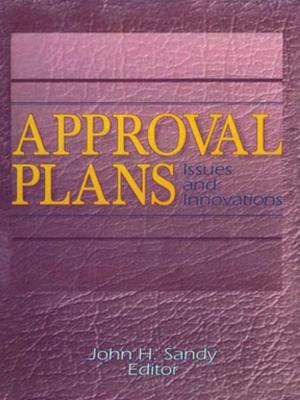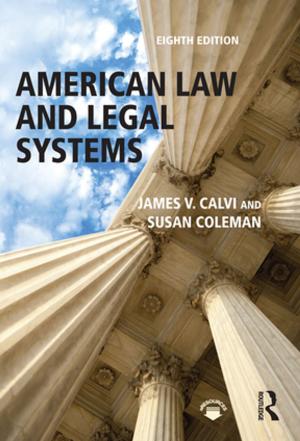Experiments in Environmental Economics
Volume 1
Nonfiction, Social & Cultural Studies, Social Science| Author: | ISBN: | 9781351766791 | |
| Publisher: | Taylor and Francis | Publication: | April 27, 2018 |
| Imprint: | Routledge | Language: | English |
| Author: | |
| ISBN: | 9781351766791 |
| Publisher: | Taylor and Francis |
| Publication: | April 27, 2018 |
| Imprint: | Routledge |
| Language: | English |
This title was first published in 2003.Over the decades, experiential methods have become an established research tool in environmental economics. Economists working in this area have realised that experimental methods from economics and other disciplines such as psychology and decision theory can be applied to gain insight into the behavioral underpinnings of environmental policy. Economic experiments, in the lab and field, are an attractive tool to address the incentive and contextual questions that arise in environmental policy. Experiments have been and continue to be designed to capture the key elements of market and non-market choices to test theory, for pattern recognition, to testbed new institutions, and to value public goods, including environmental protection. This volume collects the most significant papers in the literature that identify the underpinnings of experimental approaches are complemented by works that specifically address the use of experimental economics to identify choice under risk, conflict, cooperation, environmental policy instruments, and environmental valuation
This title was first published in 2003.Over the decades, experiential methods have become an established research tool in environmental economics. Economists working in this area have realised that experimental methods from economics and other disciplines such as psychology and decision theory can be applied to gain insight into the behavioral underpinnings of environmental policy. Economic experiments, in the lab and field, are an attractive tool to address the incentive and contextual questions that arise in environmental policy. Experiments have been and continue to be designed to capture the key elements of market and non-market choices to test theory, for pattern recognition, to testbed new institutions, and to value public goods, including environmental protection. This volume collects the most significant papers in the literature that identify the underpinnings of experimental approaches are complemented by works that specifically address the use of experimental economics to identify choice under risk, conflict, cooperation, environmental policy instruments, and environmental valuation
